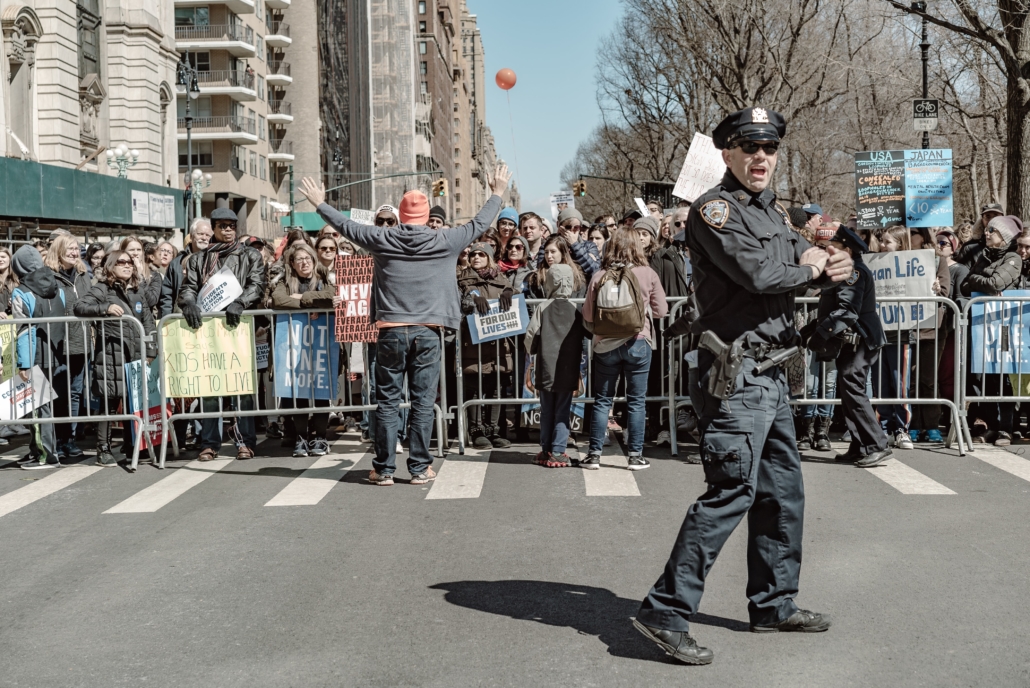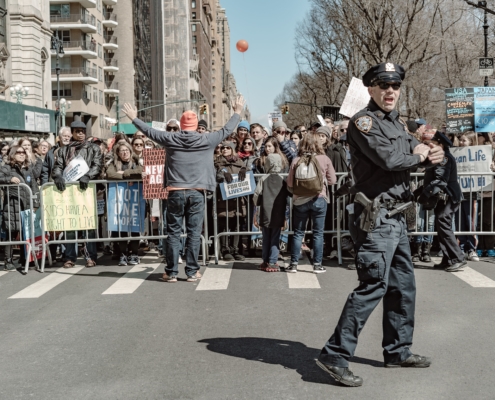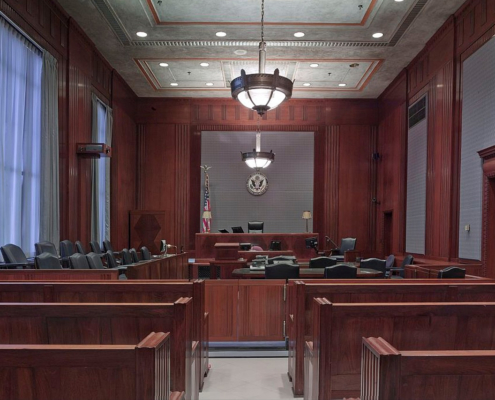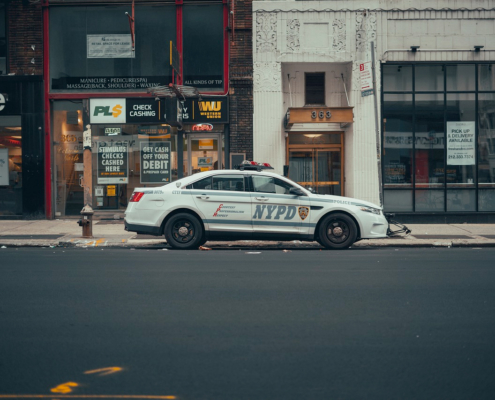Hate Crimes in New York
Hate Crimes in New York
The recent spate of violence directed against members of several ethnic groups in New York and around the country has resulted in newscasts and media articles discussing certain offenses being prosecuted as hate crimes. We at the Law Office of Jeff Henle, P.C. will explain how hate crime prosecutions happen and what the consequences are if someone is convicted of a hate crime.
First, we must define a hate crime: A hate crime is a criminal act that involves violence, intimidation or destruction of property and the perpetrator is motivated by the intended victim’(s) perceived race, color, religion, national origin, gender, disability or sexual orientation. Hate crimes are different from many other crimes because the actor’s specific animus toward the victim plays a prominent role in determining whether the actor is guilty of a hate crime.
Many crimes including assault, stalking menacing, criminal mischief (vandalism) can be deemed hate crimes. For example, an assault may be prosecuted as a hate crime if the prosecutor concludes that the suspect committed the crime because of the race, ethnicity or gender of the victim. Similarly, an individual may be prosecuted under the hate crime statute if the individual is accused of vandalizing an institution such as a church, mosque or synagogue.
The additional penalty, or enhancement for a hate crime results in a “bump up” in the categorization of the crime. Meaning, that if a crime were a Class A misdemeanor, the hate crime categorization would bump it up to a Class E felony. Therefore, a Class D felony if adjudicated a hate crime would be bumped up to a Class C felony and so forth. (A Class B felony would not be bumped up to a Class A Felony, but it would result in a harsher sentence.)
In order for a crime to be deemed a hate crime, the prosecutor must prove beyond a reasonable doubt that the suspect committed the crime “in whole or in substantial part because of a belief or perception regarding the race, color, national origin, ancestry, gender, religion, religious practice, age, disability or sexual orientation of a person.”
It is often difficult for a prosecutor to prove a hate crime because the jury must be convinced beyond a reasonable doubt that the crime was committed because of the perceived race, color, religion, etc. of the victim.






